Socio-Economic Rights and Accountability Project (SERAP) has asked the International Criminal Court (ICC) “to investigate whether the persistent crimes of corruption, violence, and killings during elections in Nigeria, most recently in Bayelsa and Kogi states, and the repeated failure of the Nigerian authorities to address the crimes amount to violence against Nigerians and crimes against humanity within the jurisdiction of the ICC.”
The petition dated 16 November, 2019 was sent to Mrs. Fatou Bensouda, Prosecutor, ICC.
The organization urged Ms Bensouda: “to push for those suspected to be responsible for these crimes, mostly security officials, officials of the two main political parties, the All Progressives Congress (APC) and the Peoples Democratic Party (PDP), and other actors who contributed to the corruption, violence and killings during the elections in Bayelsa and Kogi states, and are therefore complicit in the crimes, to be tried by the ICC.”
In the petition signed by SERAP deputy director Kolawole Oluwadare, the organization said: “The events in the Bayelsa and Kogi elections suggest criminal conduct within the jurisdiction of the ICC. If the results of the preliminary investigation suggest that further investigation is warranted, the ICC should work with Nigerian anti-corruption agencies on the matter. Election-related corruption and violence are not just minor infractions, they suggest serious crimes against Nigerians, in particular, crimes against humanity.”
According to SERAP, “In the ICC case on Kenyan election violence, the culture of impunity was considered one reason why violence had been ‘normalised’ as a means of political struggle. We therefore urge you to investigate allegations of corruption, violence and killings in Bayelsa and Kogi elections, if the ICC is to contribute to preventing escalations in future elections, including the general elections scheduled to hold in 2023.”
The petition read in part: “The incidents of bribery and corruption, intimidation and violence witnessed in Bayelsa and Kogi states also strike at the integrity of the democratic process and seriously undermine President Muhammadu Buhari’s oft-expressed commitment to fight corruption and end impunity of perpetrators.”
“The desire for power at all costs by politicians undermines Nigerians’ rights to open, transparent and accountable government that respects human rights and observe the rule of law. Election-related corruption and violence make public officials susceptible to corrupt incentives.”
“Corruption and violence in elections contribute to decline in the quality of the politicians occupying public offices, which in turn lead to bad governance.”
“The Nigerian authorities over the years have been unwilling and/or unable to prosecute suspected perpetrators of election-related corruption, violence and killings, which in turn has promoted the sense of impunity and emboldened those politicians and their accomplices who continue to commit these crimes against the Nigerian people during election periods.”
“Nigeria is a state party to the Rome Statute and deposited its instrument of ratification on 27 September 2001. SERAP therefore urges the ICC to use the example of its intervention in the Kenyan election violence in 2007 and 2008, which led to the ICC prosecution of perpetrators, including government officers, for crimes against humanity.”
“The violent events witnessed in the elections in Bayelsa and Kogi states suggest the lack of political will by the authorities and the Independent National Electoral Commission (INEC) to respect the sanctity and integrity of the electoral system and to apply criminal sanctions to perpetrators of corruption, violence and killings during elections.”
“The events in Bayelsa and Kogi states also suggest the misuse of state resources for party political purposes apparently by the APC and PDP. Corruption and violence-tainted elections invariably produce would-be corrupt public officials, and lead to a vicious circle of corruption, mistrust, impunity, and deny citizens access to public goods and services.”
“The Nigerian authorities and the leadership of the two main parties failed abysmally to ensure an election free of bribery, violence and intimidation in Bayelsa and Kogi states. The ubiquity of corruption and violence in Nigeria’s electoral process has made it very difficult to stop politicians from engaging in grand corruption, thereby contributing to decades of poverty and underdevelopment across the country.”
“The Bayelsa and Kogi elections have denied Nigerians the right to clean elections. The right to a clean elections system will improve the integrity of government institutions, encourage citizens’ participation in the political process, and will promote freedom to a corruption-free Nigeria.”
“The effective exercise of these rights by Nigerians requires a corruption-free electoral and democratic process, which in turn would empower the citizens to enjoy their right to their natural wealth and resources, as recognized by the International Covenant on Economic, Social and Cultural Rights and African Charter on Human and Peoples’ Rights both of which Nigeria has ratified.”
“Corruption and violence free elections are essential for the effective exercise of citizens’ constitutional right to hold their leaders to account for corruption and to participate in the efforts to promote transparency and accountability in the management of public funds.”
“The Rome Statute in article 7 defines “crime against humanity” to include “inhumane acts causing great suffering or injury,” committed in a widespread or systematic manner against a civilian population. The common denominator of crimes against humanity is that they are grave affronts to human security and dignity.”
“The elements that need to be established to prove a “crime against humanity “under article 7(1)(k) of the Rome Statute are that, the perpetrator inflicted great suffering or serious injury by means of an inhumane act; that the perpetrator was aware of the circumstances, and that the act was committed within a widespread or systematic attack on a civilian population; and that the perpetrator knew or ought to know of that link.”
“The consequences of corruption, violence and killings during election periods in Nigeria are similar to those of the offences in article 7(1). Senior government officials and other actors know well or ought to know that their failure to prevent corruption, violence and killings during election periods will violate Nigerians’ human rights and dignity.”
“Corruption, violence and killings during election periods give rise to individual criminal responsibility of those suspected of perpetrating and/or failing to address the problems, as entrenched in the Rome Statute.”
“The national authorities of the Court’s States Parties form the first line of defense in addressing crimes against humanity during elections, as they shoulder the primary responsibility for the investigation and prosecution of perpetrators of the crimes. But successive governments in Nigeria have been unwilling or unable to address the problems of corruption, violence and killings during elections and end the crimes against humanity.”
“According to our information, the elections in Bayelsa and Kogi states were characterised by widespread reports of vote-buying (ranging from N500 to N6,000), violent attacks on citizens and journalists, and outright stealing of ballot boxes by armed thugs hired by politicians apparently of the two major parties, the APC and PDP, suggesting grand corruption and brazen impunity.”
“Nigeria has a long history of electoral violence, vote-buying, ballot-stuffing, and voter intimidation. Dozens of people were killed during the 2019 general election which returned President Muhammadu Buhari to power.”
“In 2011, hundreds of people were killed in post-election violence. Nigerian politicians have failed to understand the seriousness of corruption, violence and killings during elections, and have been complicit in the commission of these crimes.”














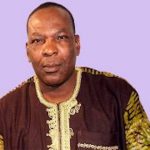
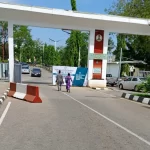
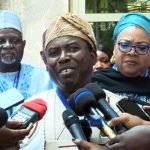
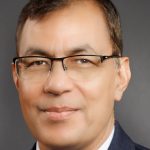

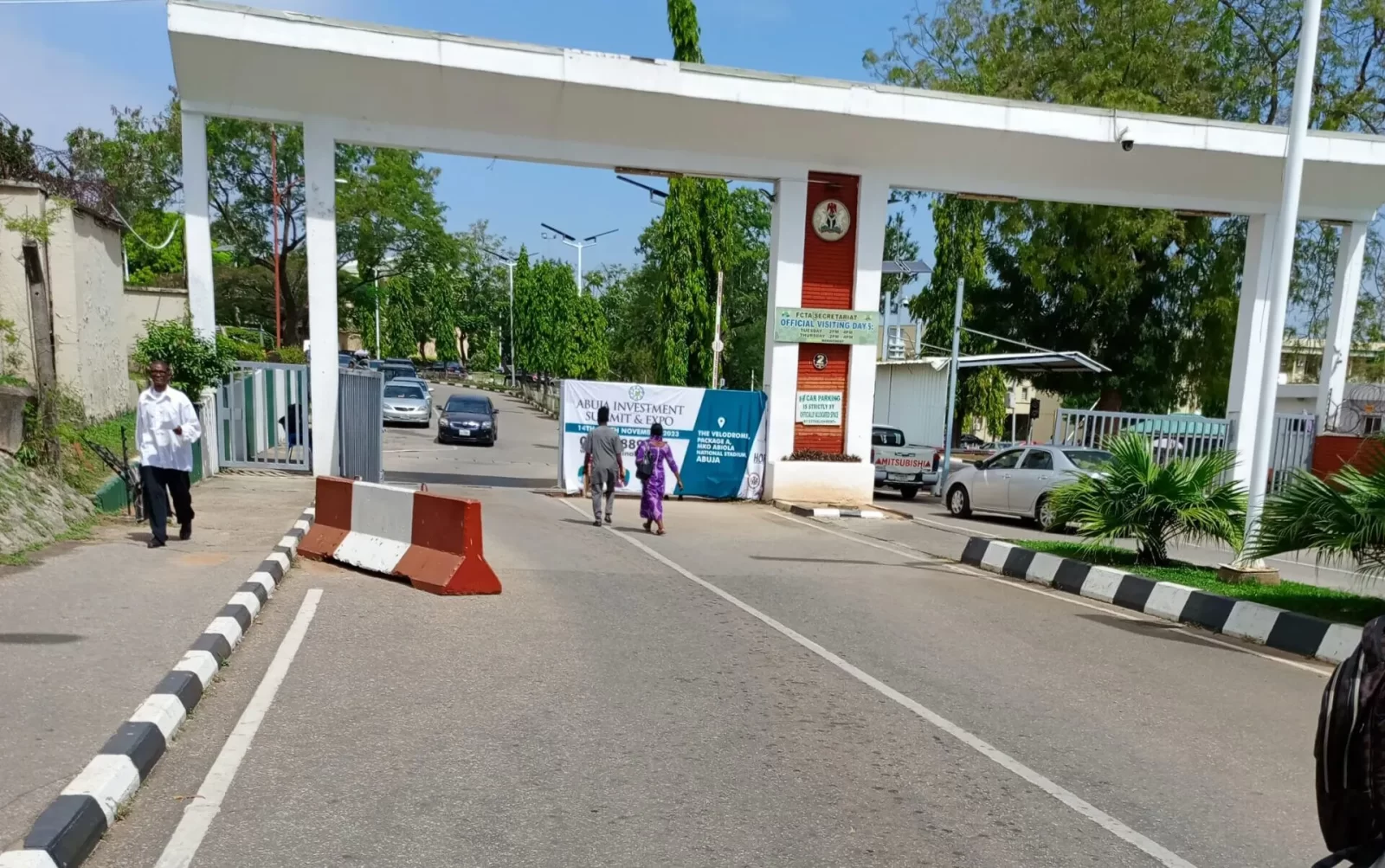
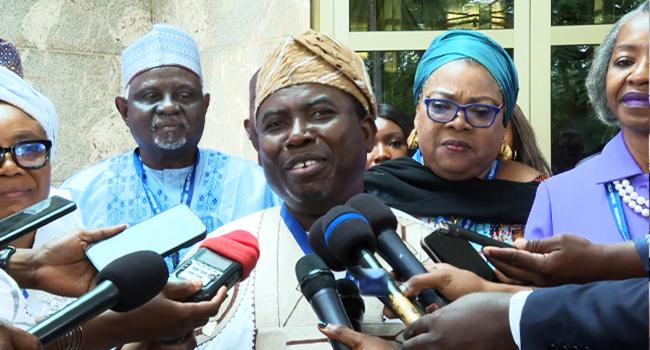
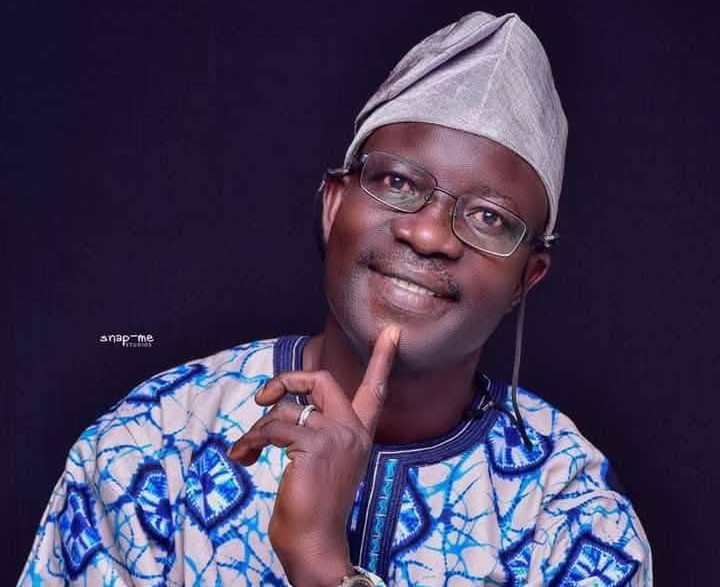
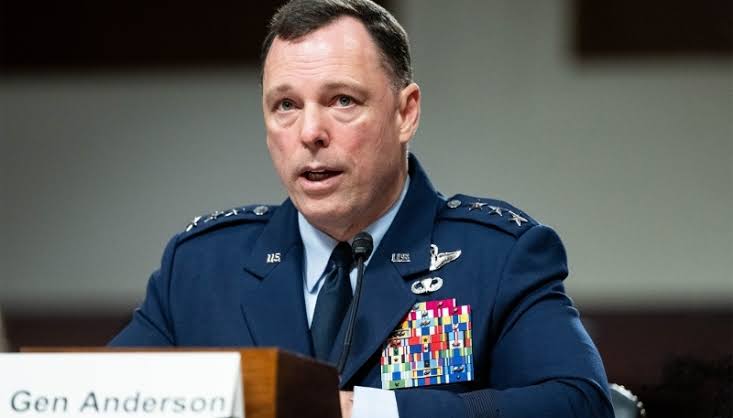
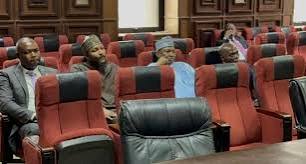












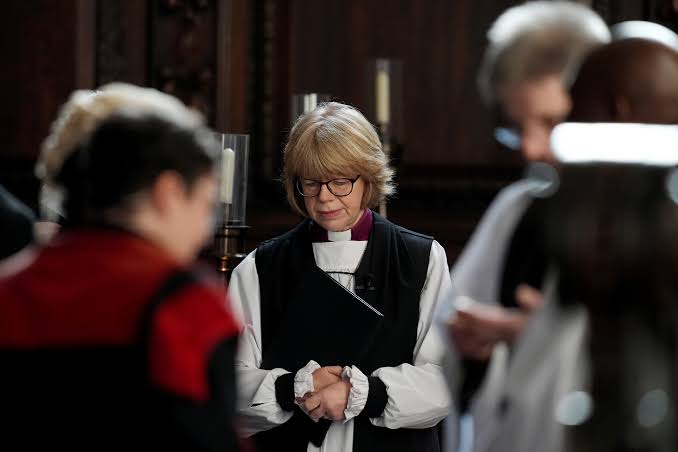
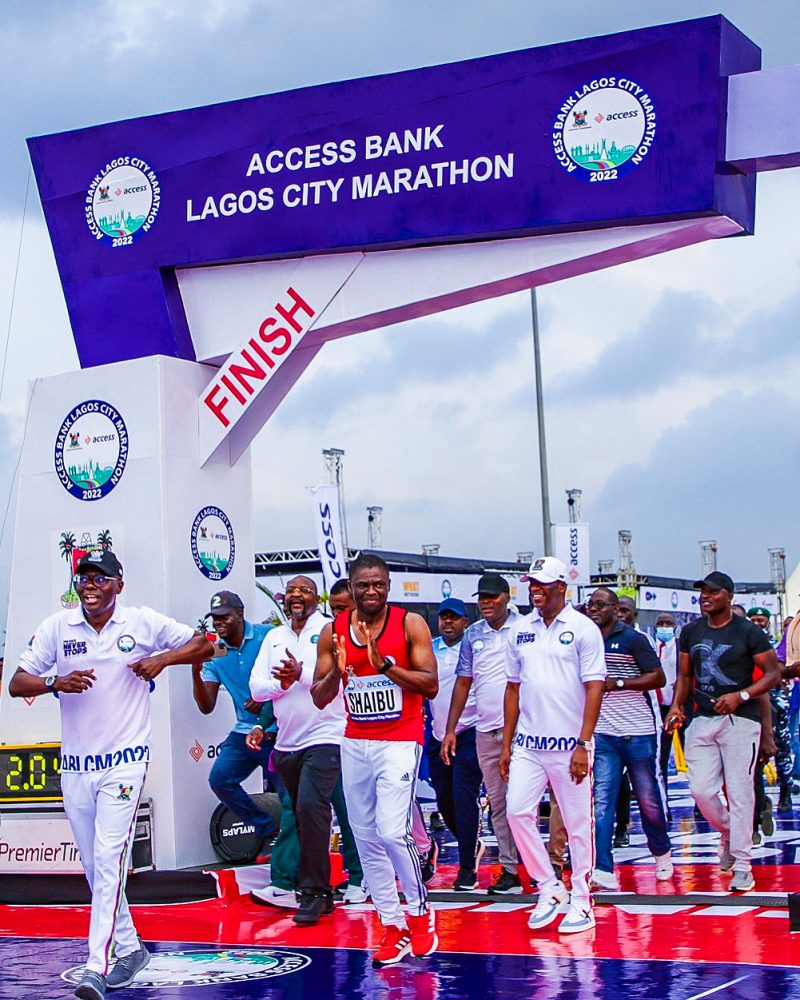
Leave a comment